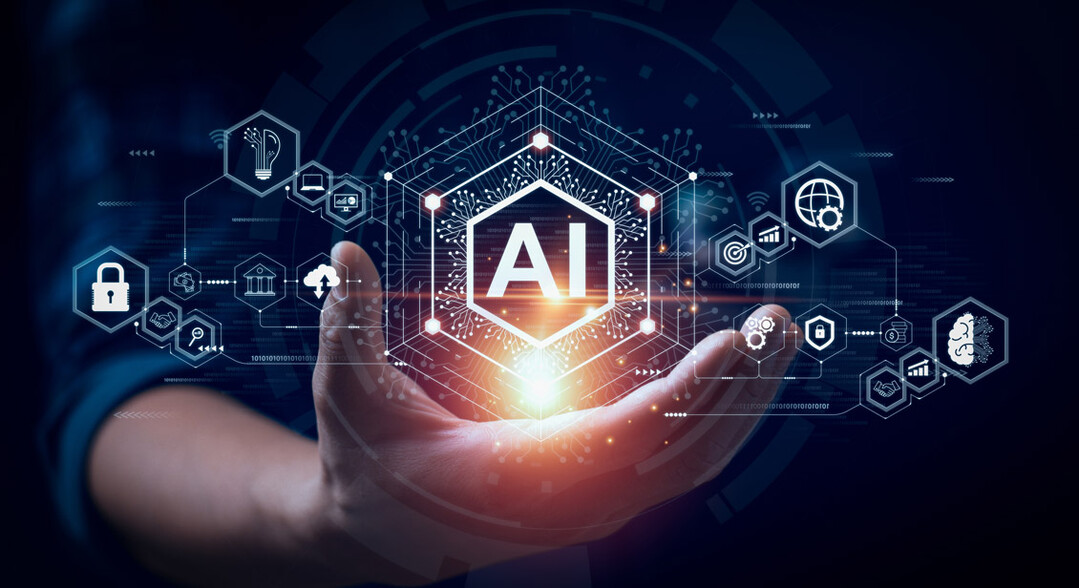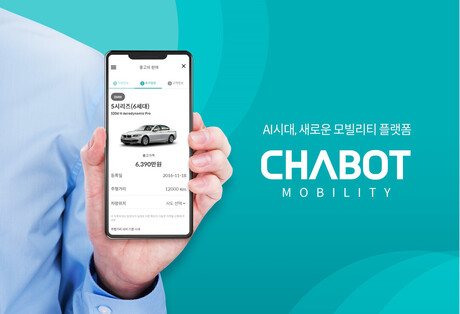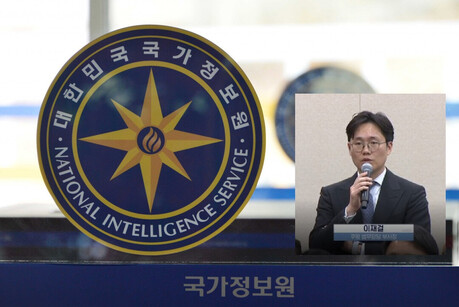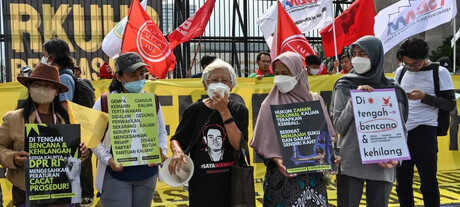
(C) Be Connected
A significant and rapidly widening gap in artificial intelligence (AI) talent is creating a structural risk for South Korea's industrial landscape. While large conglomerates (Chaebols) are aggressively scaling their AI organizations, hiring hundreds to thousands of researchers globally, many small and medium-sized enterprises (SMEs) in the manufacturing sector lament having no AI personnel at all. This talent concentration is directly correlating with a widening disparity in technological transition speed.
Corporate Giants' AI Recruitment Spree
Major Korean corporations are making massive investments in AI human capital. Samsung Electronics is estimated to have grown its global AI research workforce to around 1,500 personnel, spanning centers in the US, Europe, and Canada, as well as its core business units (Semiconductor, Mobile, Home Appliance).
In the automotive sector, Hyundai Motor Group is the most aggressive, reportedly employing about 3,000 dedicated AI and software (SW) specialists across its global network, including the Namyang R&D Center and its US joint venture, Motional. Tech giants are following suit, with Naver dedicating approximately 1,000 researchers and engineers to AI expansion efforts like SearchGPT and HyperCLOVA X.
Manufacturing SMEs Left at the Starting Line
In stark contrast, the speed of AI adoption in small and medium-sized manufacturers remains stagnant. A survey by the Ministry of SMEs and Startups revealed that only 0.1% of the 160,000 manufacturing SMEs and mid-sized firms with factories have applied manufacturing AI. Even among companies that have implemented smart factory systems, less than 1% possess a dedicated AI workforce.
Consequently, initiatives to improve production processes, implement Predictive Maintenance, or reduce defects using AI are extremely rare.
High Barriers to Entry: Cost and Scarcity
SME executives cite labor costs and financial burdens as the biggest barriers to entry. An executive from an auto parts manufacturer in the Seoul metropolitan area noted, "AI engineers' salaries easily exceed 100 million KRW, which is unbearable for an SME." Furthermore, provincial-based root industries (foundry, molding, heat treatment) report an acute scarcity: "There are simply no data or AI personnel in the market who understand on-site experience."
Economic Warning: Productivity and Competitiveness at Risk
Experts warn that this widening gap in AI talent could have long-term consequences, affecting national productivity, wages, and export competitiveness. While conglomerates secure ultra-large AI model development capabilities and build high-performance computing infrastructure using GPU clusters, SMEs struggle to even attempt basic technology verification.
There is a growing consensus that urgent, systemic intervention is necessary to support SMEs. Industry calls are intensifying for the government to provide shared resources, such as joint GPU infrastructure, establish AI model and data sharing centers, and offer subsidized, practical AI education and training tailored to the manufacturing workforce. Failing to address this structural challenge risks cementing a two-tiered industrial structure where only a handful of large companies benefit from the coming wave of AI innovation.
[Copyright (c) Global Economic Times. All Rights Reserved.]




























